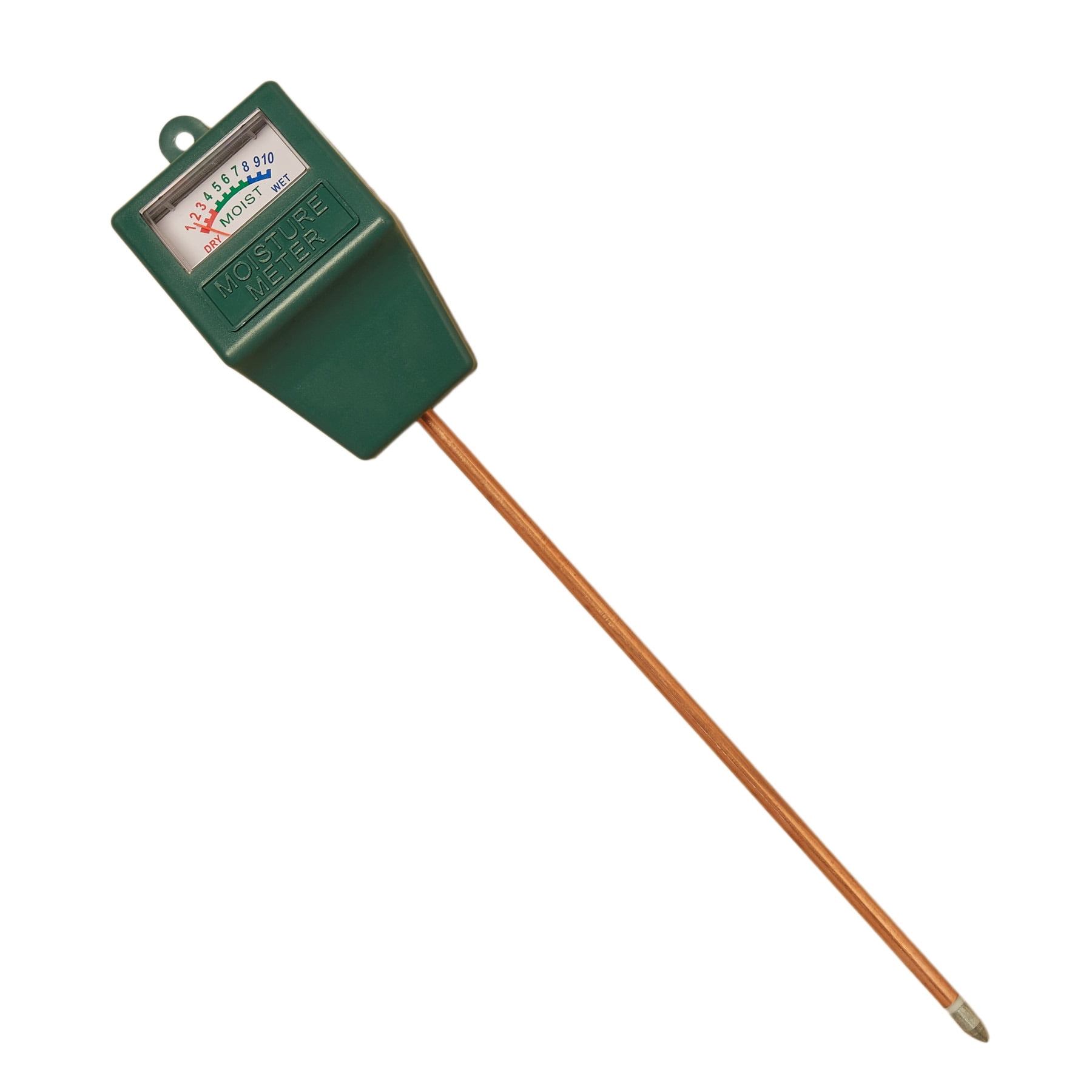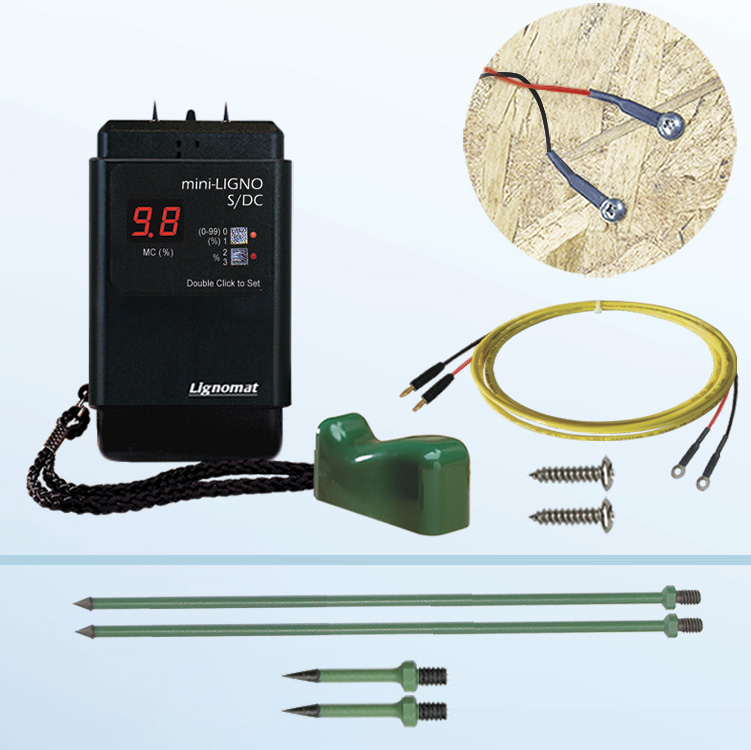Understanding the Different Sorts Of Moisture Meters and Their Applications
The Ultimate Overview to Moisture Meters: A Comprehensive Summary and Just How They Can Conserve You Cash
In the realm of building upkeep, construction, and numerous markets, the significance of accurately gauging dampness levels can not be overstated. Dampness meters work as indispensable devices in spotting and checking moisture web content in materials, aiding in stopping expensive damages and guaranteeing the high quality of items. Comprehending the subtleties of various kinds of dampness meters, their applications, and the possible cost-saving benefits they use can be a game-changer for professionals and organizations alike. Finding how these gadgets can not only improve processes yet additionally contribute to financial savings is a journey worth starting.
Sorts Of Moisture Meters
Different kinds of moisture meters are readily available for different applications in numerous sectors. One common type is the pin-type wetness meter, which determines the electrical resistance between two pins inserted right into a material. This type appropriates for wood, drywall, and various other building materials. Pinless moisture meters, on the various other hand, use electro-magnetic sensor plates to check a bigger location without creating damages to the product's surface area. These meters are excellent for promptly analyzing wetness levels in huge locations such as floors and wall surfaces.
Infrared dampness meters measure the thermal properties of a product to establish its dampness web content non-invasively, making them helpful for applications where pin or pinless meters may not be appropriate. Comprehending the various kinds of dampness meters readily available can help markets select the most suitable tool for their details dampness measurement demands.

Advantages of Making Use Of Moisture Meters

Additionally, making use of dampness meters can cause increased energy performance. By determining areas with high dampness levels, such as leakages or poor insulation, changes can be made to improve power preservation and lower utility costs. In farming setups, dampness meters play a crucial duty in enhancing plant returns by allowing farmers to keep an eye on soil moisture degrees and make notified watering choices. On the whole, the benefits of using moisture meters cover throughout various industries, supplying affordable remedies and advertising much better high quality control practices.
Exactly How to Choose the Right Moisture Meter
Selecting the appropriate wetness meter involves taking into consideration key factors such as material compatibility, measurement range, and calibration accuracy. When choosing a dampness meter, it's important to ensure that the meter appropriates for the details product you will certainly be testing. Different materials have varying electric residential or commercial properties that can affect moisture analyses, so picking a meter made for your material is crucial for accurate results. In addition, consider the measurement series of the dampness meter. Ensure that the meter can find wetness levels within the variety needed for your applications. Calibration accuracy is one more critical aspect to bear in mind (Moisture Meter). Decide for a moisture meter with reliable calibration to guarantee constant and precise readings. Some meters might require periodic calibration changes, so comprehending the calibration procedure is essential. By very carefully reviewing these variables, you can select a wetness meter that satisfies your needs and offers exact dampness measurements for your tasks.
Appropriate Methods for Moisture Meter Usage
To ensure exact dampness analyses and maximize the effectiveness of a dampness meter, using correct strategies is crucial. When making use of a pin-type dampness meter, place the pins or probes right into the material being checked till they make full contact. Make sure the pins are perpendicular to the surface to get the most exact reading. For pinless moisture meters, hold the tool level versus the product and relocate gradually to cover the whole location for an ordinary reading. It's essential to calibrate the wetness meter according to the material being tested to enhance accuracy. Take numerous analyses across the surface and average them out for a much more reliable result. Furthermore, make certain that the material being checked more info here is accustomed you can find out more to the atmosphere to avoid manipulated analyses. Regular upkeep of the moisture meter, such as cleansing the pins or sensing unit, is additionally vital to make sure consistent and accurate analyses. By following these appropriate techniques, individuals can count on their wetness meter to supply credible moisture degrees, assisting in protecting against pricey damages or guaranteeing high quality in different applications.

Price Financial Savings With Moisture Meter Applications
How can the strategic application of moisture meters result in considerable cost savings across various industries? Wetness meters play a critical duty in cost savings by avoiding possible damage and making certain quality assurance in various industries. In the farming market, dampness meters help in identifying the optimum time for gathering crops, stopping over-drying or excess moisture that can influence the end product's high quality. This specific tracking aids farmers prevent unnecessary losses and optimize their return.

Furthermore, in the food handling industry, wetness meters are crucial for keeping track of product top quality and making certain compliance with safety and security guidelines. By properly measuring wetness material in foodstuff, producers can avoid putridity, maintain quality, and minimize waste, causing substantial cost savings. On the whole, the strategic application of moisture meters is a beneficial financial investment that can bring about substantial price reductions and enhanced efficiency throughout different sectors.
Verdict
In verdict, wetness meters are useful devices for identifying and gauging wetness Go Here degrees in numerous materials. By using the appropriate moisture meter and complying with correct strategies, users can properly avoid costly problems caused by excess moisture.
Dampness meters offer as crucial tools in spotting and monitoring moisture material in materials, aiding in protecting against expensive damages and guaranteeing the high quality of items. Infrared moisture meters measure the thermal properties of a product to determine its dampness content non-invasively, making them beneficial for applications where pin or pinless meters might not be suitable.Dampness meters offer vital advantages in properly assessing and monitoring dampness degrees in varied materials and atmospheres. In agricultural setups, dampness meters play an essential duty in enhancing crop returns by enabling farmers to keep track of soil wetness levels and make notified irrigation decisions.In conclusion, wetness meters are valuable devices for identifying and measuring moisture levels in different products.